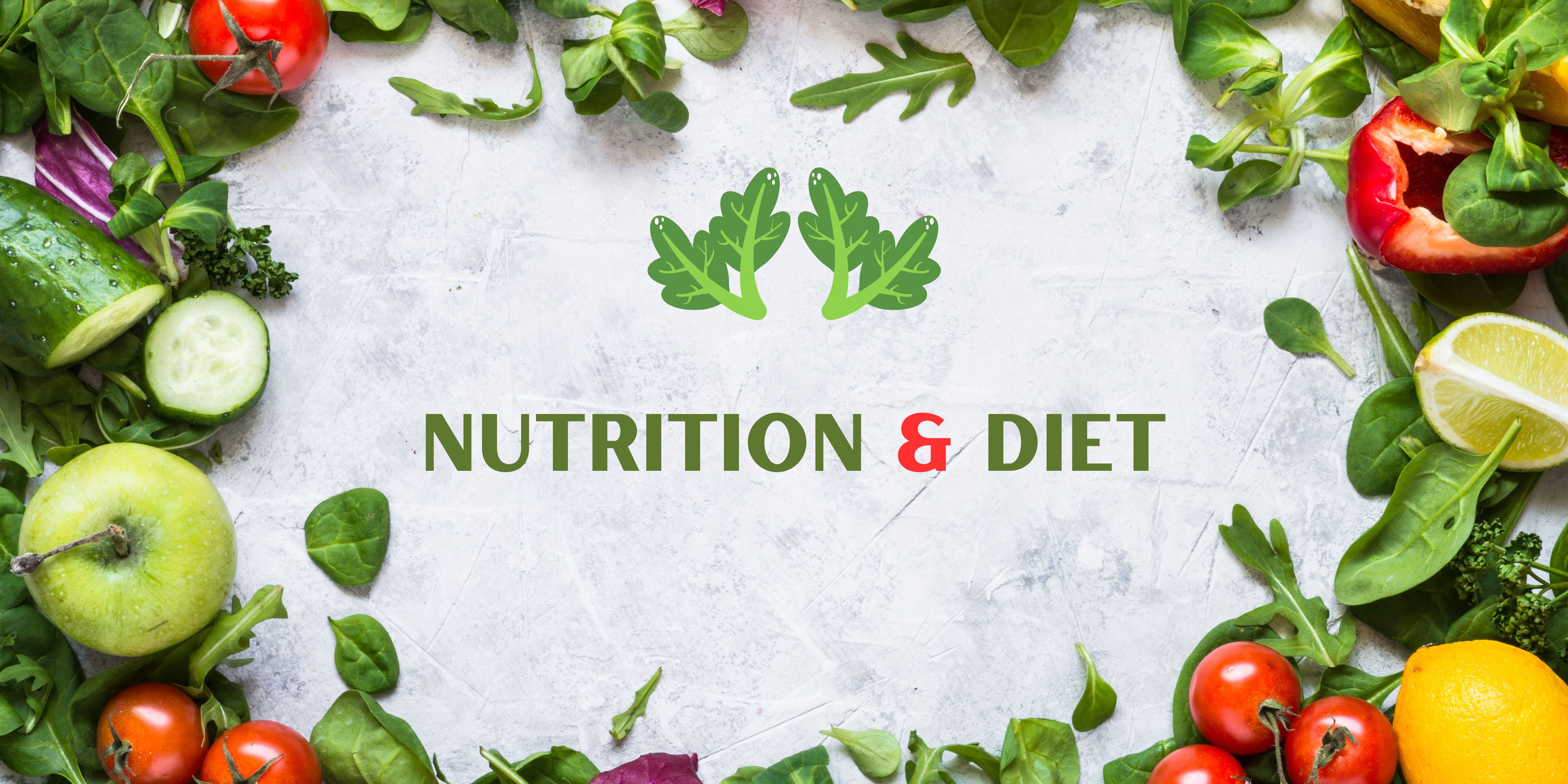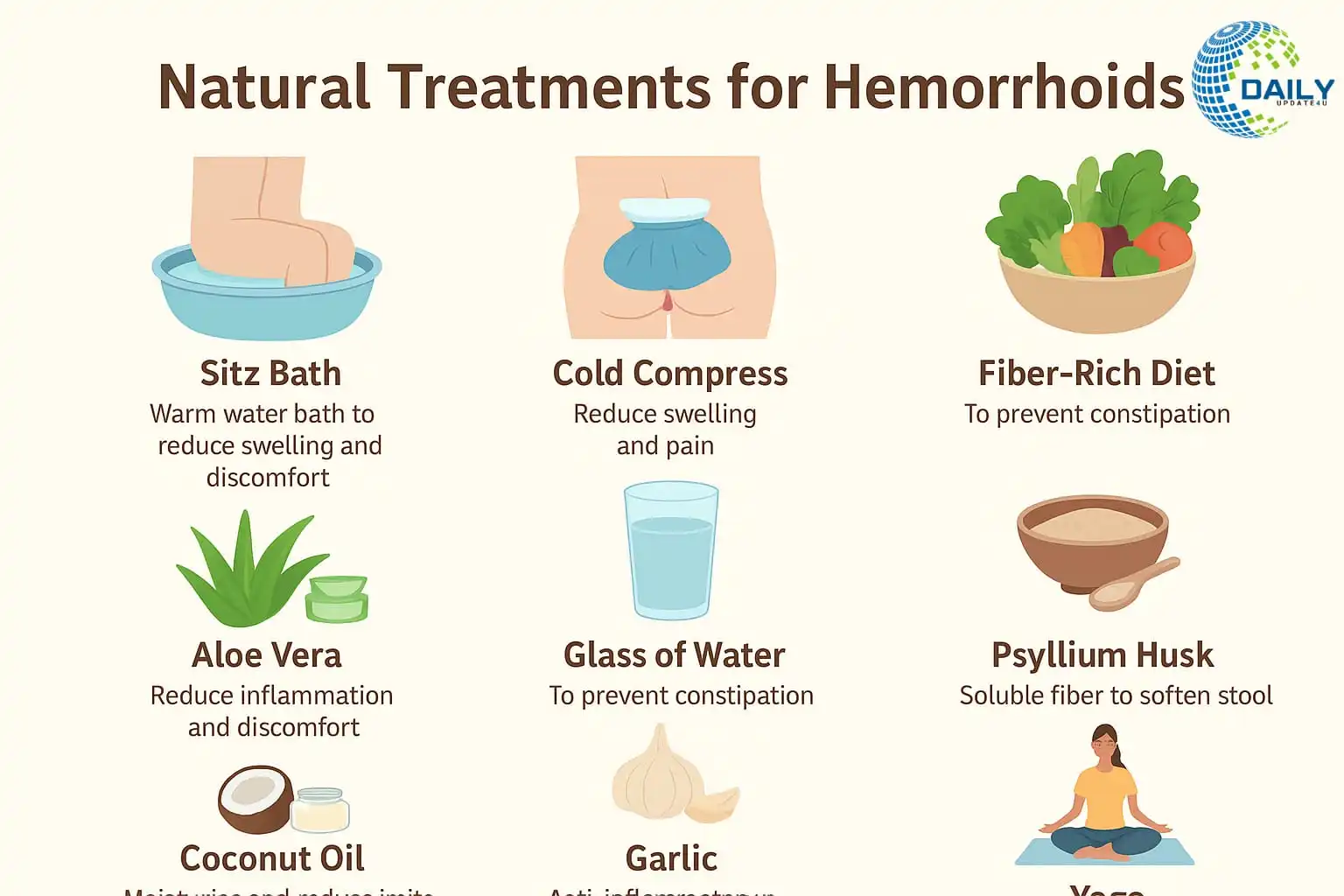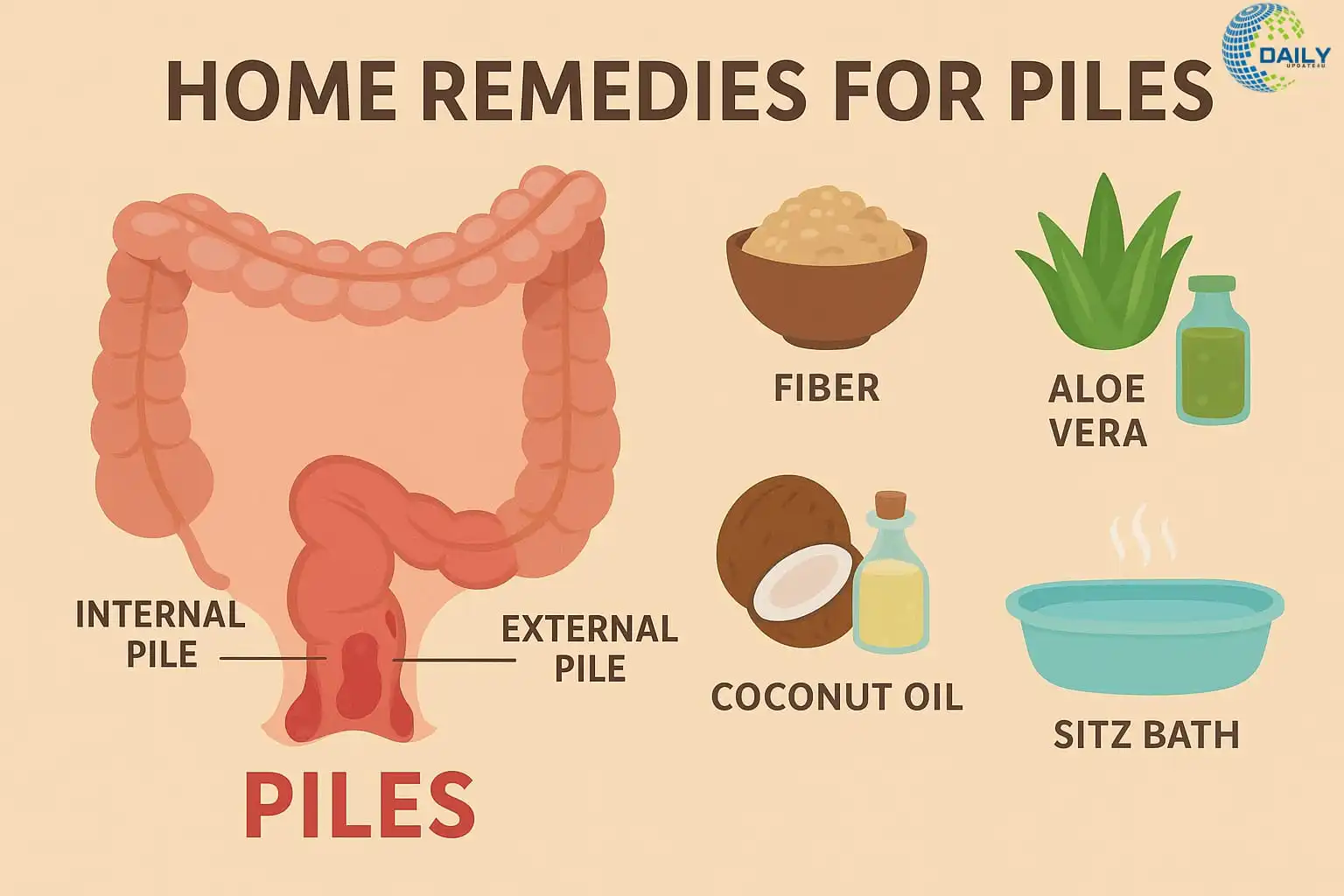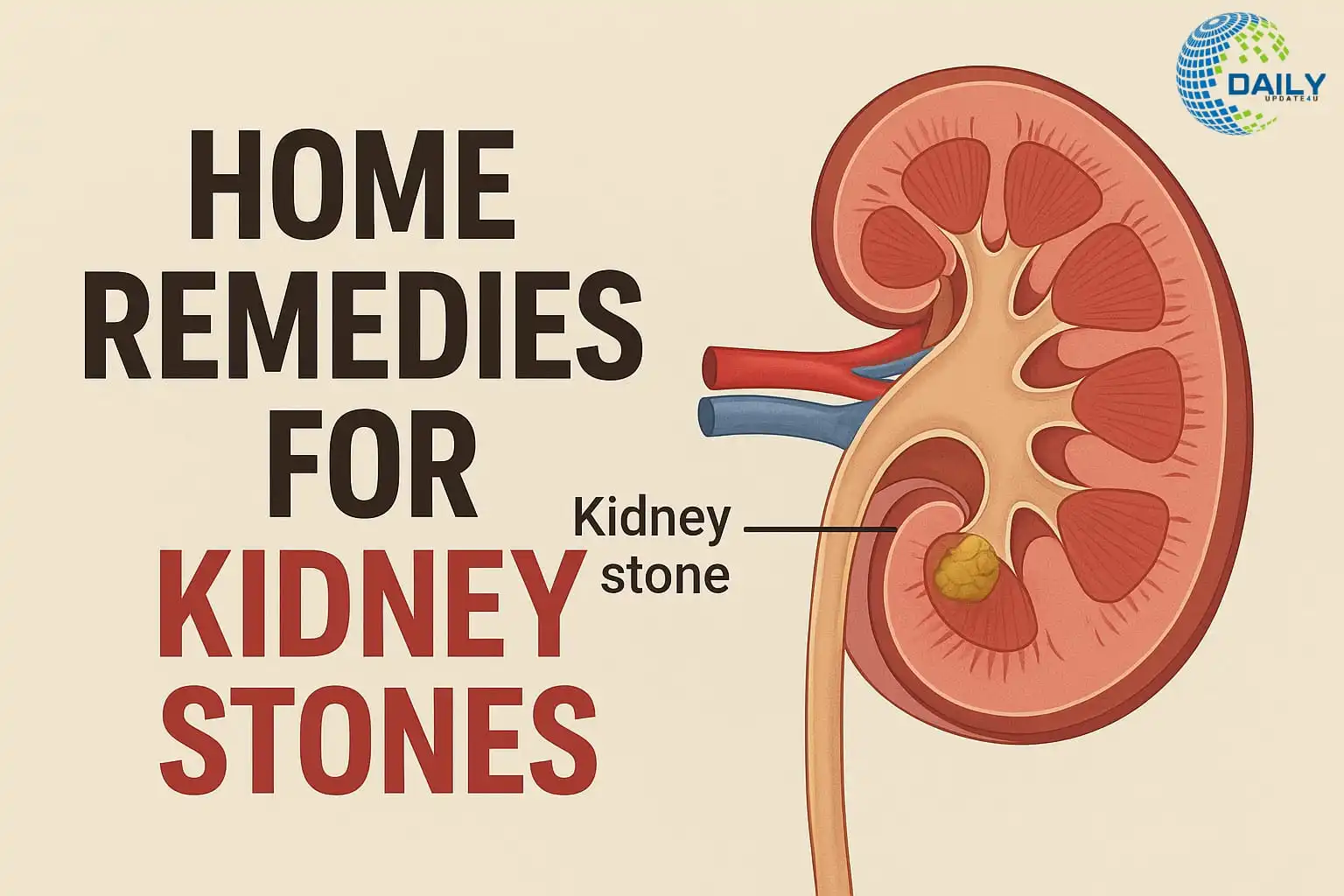
Protein is a very important nutrient for our body health, which helps in building muscles, repairing cells, and providing energy. If there is not enough protein in your diet, then problems like fatigue, weakness, and loss of muscle mass can occur in the body.
Why is protein important?
Strengthens muscles
Helps in body repair and growth
Helps in making hormones and enzymes
Makes you feel full for a long time
Helps in controlling weight
Protein-rich vegetarian diet
Pulses – Moong, Masoor, Toor, Urad
Chickpeas – Black gram, White gram
Soya products – Soya chunks, tofu
Paneer and milk – Good sources of dairy protein
Peanuts and almonds – Rich in healthy fats and protein
Quinoa and oats – A great mix of fibre and protein
Protein-rich non-vegetarian food
Eggs – About 6 grams of protein in one egg
Chicken breast – Low-fat and high-protein
Fish – like salmon, tuna, rohu
Beef and mutton – rich in iron and protein
Prawns – Low fat and high protein
How much protein is needed?
A normal person needs 0.8–1 grams of protein per kg of body weight
Athletes and gym goers need 1.2–2 grams of protein per kg of body weight
Tips for taking protein
Divide your protein intake into 3-4 meals throughout the day
Make sure to include protein in your breakfast
Do not eat too much fried food
After a workout, take a protein shake or protein-rich food. (The secret of health and strength is to eat protein-rich food)
Conclusion
Protein-rich food is not only important for your health, it also keeps your body strong. If you want to stay healthy, then make sure to consume protein in your daily diet.
FAQ
Q1. Why is protein important for the human body?
👉 Protein helps in building muscles, repairing tissues, producing hormones and enzymes, boosting energy, and keeping you full for a longer time.
Q2. How much protein is required daily?
👉 A normal adult needs 0.8–1 g of protein per kg of body weight. Athletes and gym-goers may require 1.2–2 g per kg of body weight, depending on activity levels.
Q3. What are the best vegetarian sources of protein?
👉 Pulses (moong, masoor, urad), chickpeas, soya products (tofu, soy chunks), paneer, milk, quinoa, oats, peanuts, and almonds are excellent vegetarian protein sources.
Q4. Which non-vegetarian foods are high in protein?
👉 Eggs, chicken breast, fish (tuna, salmon, rohu), beef, mutton, and prawns are rich in protein and help in building strength.
Q5. Can protein help in weight loss?
👉 Yes, protein keeps you full for longer, reduces cravings, and boosts metabolism, which helps in controlling weight.
Q6. What is the best time to take protein?
👉 Protein should be included in every meal, especially in breakfast. After a workout, protein shakes or high-protein foods help in faster recovery.






